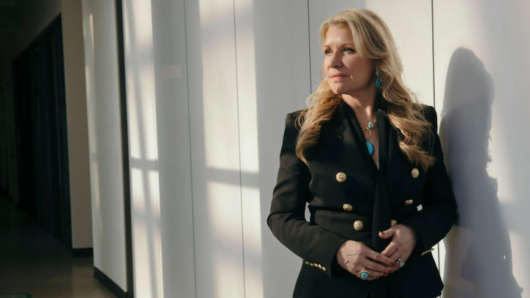Workplace conflict isn’t something we typically like to face, let alone manage. In fact, it’s probably safe to say that if given the opportunity most people would avoid it. The reality is however, it happens.
Like most employees who’ve experienced conflict – as a participant or witness – it generally makes us feel some level of discomfort. The success of resolution – i.e. the time taken to agree (or agree to disagree) and move forward – is often varied depending on several factors: the problem itself, the people involved, the intent/s and the approach to resolve (to name a few). When we are honest about how we feel and what we want, it opens a space of authenticity and allows us to connect as human to human, rather than ‘enemy’.
Recently, I had the chance to witness a situation where I was reminded of the power of honesty and the role this plays for millennials as part of their embedded value system.
The situation involved five millennials which for this exercise, we’ll call Team A and Team B. The problem had arisen over a contractual matter. The conversation opened with Team A claiming that there wasn’t being enough done by Team B about moving the contract forward. Team B stated they’d been doing as much as they could, reaffirmed their commitment and asked for patience. The conversation returned to Team A and over the course of several minutes, “balls” were hit back and forth over the net (albeit respectful).
Finally, a Team A member took the lead and said, “Look, I’m going to be really honest here and tell you why this actually matters.” They calmly expressed how they felt (i.e. anxious, uncertain, stressed) and why this was so meaningful for them (i.e. part of their wider vision and would impact their lives). They continued to express how these feelings were impacting their behaviour, and that despite them doing their job, they needed more certainty to feel they were able to fully invest in the organisation and the wider vision.
A member of Team B acknowledged Team A’s feelings and shared a professional anecdote that validated Team A’s feelings – opening a new point of view through this shared experience and ultimately provided a space of commonality. They acknowledged in hindsight they could have been more communicative and apologised this had unfortunately translated into lack of transparency. Team A softened; recognised that they hadn’t had all the information to hand and could have at any time, reached out to ask Team B.
To move forward, both teams discussed their shared desire and willingness to create a safe space that was based on the principles of honesty, transparency, and trust. The result? Team A moved forward with renewed faith and Team B fast-tracked the contract sign-off within 24 hours. Both teams then arranged to meet personally to strengthen their relationship and build community.
Sometimes workplaces fail to realise and appreciate that at the end of the day, we are human. And for millennials at least, most oftentimes conflict resolution is simple and achievable through creating a space for honest, healthy dialogue, shared understanding, and a willingness to move forward. A space that ultimately becomes an extension if you will, of who they are at the core.
This story first appeared on sister site Inside Small Business and has been republished with permission.






